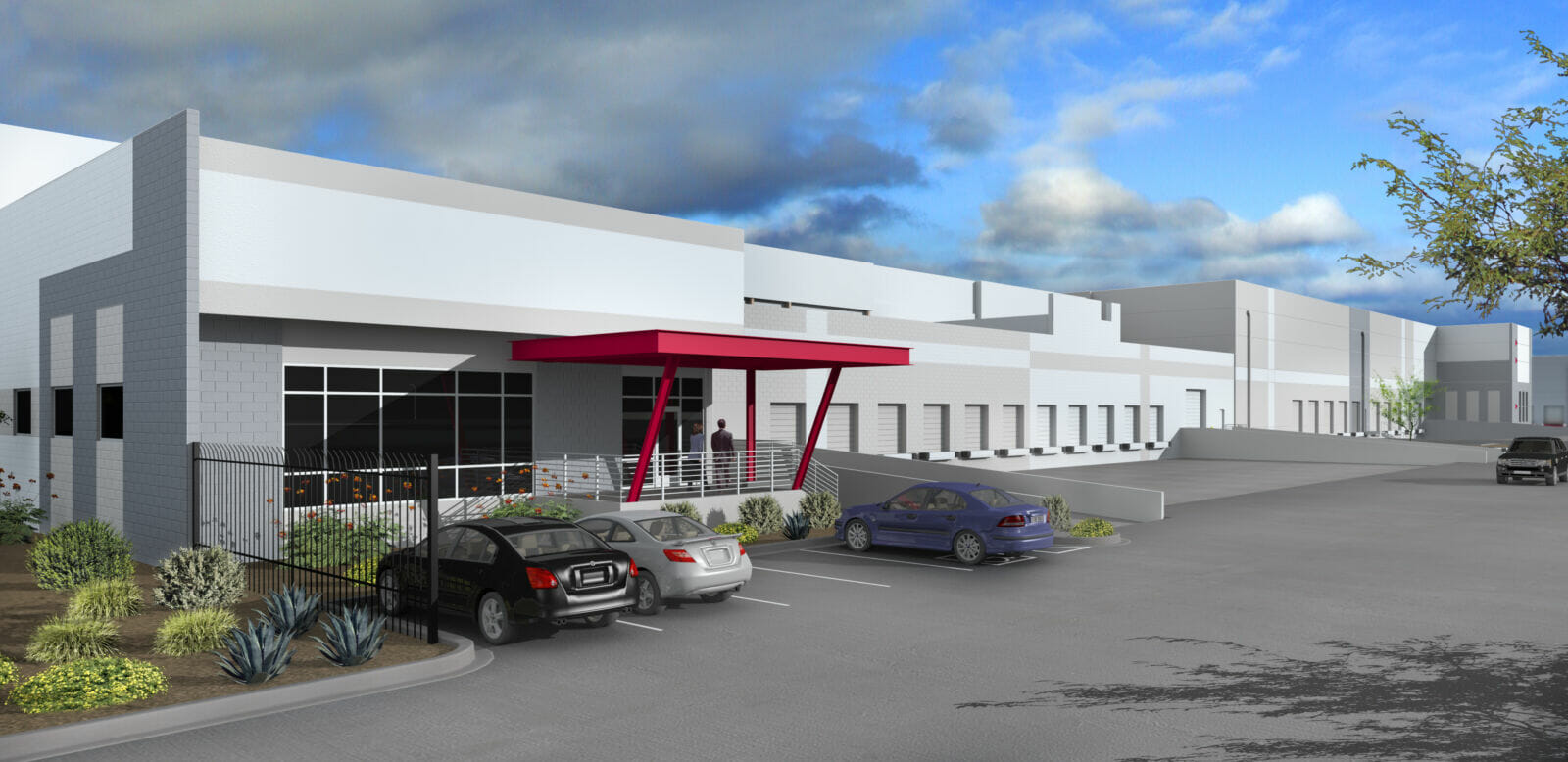CBRE announced that Bay Logistics, a distribution and logistics company, leased 76,189 square feet at Central Logistics Cold Storage Center in Phoenix amid growing demand for high-quality commercial freezer space.
CBRE’s Cooper Fratt and John Werstler represented the landlord, ViaWest Group. Michael Waxman, Aaron Norwood and Foster Bundy with LevRose Commercial Real Estate represented the tenant.
“This state-of-the art freezer facility received a lot of interest,” Fratt said. “This project was a true collaboration between ViaWest, the architect and CBRE in order to turn this empty, outdated cold storage building into a modern facility that serves the increasing demands of today.”
READ ALSO: Phoenix is No. 1 in U.S. for multifamily construction projects
The property, located at 291 E. Buckeye Road, was renovated to feature a separate and divisible north and south building. Each section boasts an Alta Refrigeration System, which allows for multiple temperature ranges, and remote monitoring and alarm. The property, which has immediate access to downtown Phoenix, doesn’t have any remaining cold storage space available.
“From the beginning design stages, ViaWest left no stone unturned in converting a non-operable cold storage building into a modern facility that filled a large void in a market with a huge lack of cold storage options for today’s tenant base,” Werstler said.
The growth of online grocery sales has pushed demand for cold-storage warehouses, according to CBRE research.
“Food innovation is a rapidly-growing sector in Phoenix,” said Christine Mackay, Phoenix Community and Economic Development Director. “Consumer demand requires innovative and technologically advanced facilities to quickly get product to market. Phoenix’s transportation infrastructure and long-established logistics and warehousing sectors make this a prime location for companies like Bay Logistics.”
The COVID-19 pandemic, which created a massive disruption in the food industry, has also been buoying ongoing demand for industrial cold storage space in the U.S., according to a CBRE report. The pandemic accelerated the need for this type of space as e-commerce grocery has been adopted more widely and as restaurants have turned to offer more delivery and take-out options that require cold storage capacity, among other reasons.
“There are several drivers of the cold storage market today, one of the primary one being the shift in consumer demand, especially among Millennials,” Fratt said. “Consumer demand for fresher, healthier and organic food options with rapid delivery solutions will undoubtedly continue to grow and with it the demand for cold storage facilities.”




